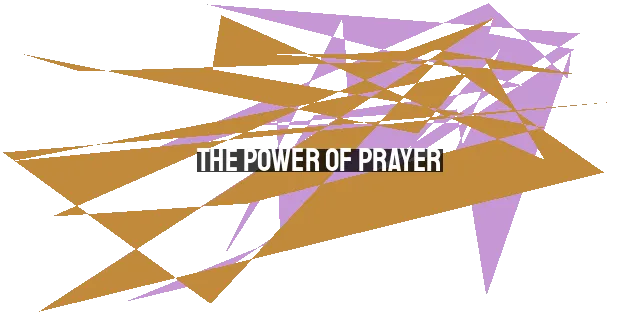The Sanctity of Life: A Biblical Perspective on End-of-Life Care
We Are Not Our Own: A Biblical Perspective on Life and Death
Brittany Maynard’s decision to take her own life in 2014, through physician-assisted suicide, due to a fast-growing and inoperable brain tumor, brought to the forefront the issue of end-of-life care and euthanasia. Her decision left many people struggling to reconcile their personal beliefs with the ethical and legal implications of physician-assisted suicide.
As Christians, we seek to understand the issue of life and death from a biblical perspective. Our beliefs guide us on how we should approach the end of life, whether it is for ourselves or loved ones. The Bible is clear that human life is not our own, and we are not free to take it as we please.
What the Bible Says About Life and Death
The Bible is the inspired word of God, and it contains the truth about life and death. From the very beginning, we see that human life is sacred and valuable. In Genesis 1:26-27, we read that God created man in His own image, and that every person has intrinsic value and worth. This means that every life, regardless of its stage, is to be cherished and protected.
In Exodus 20:13, the commandment “Thou shalt not kill” is given. This commandment is repeated in Deuteronomy 5:17, and it is clear that God forbids the taking of innocent life. This includes the life of the unborn, the elderly, and the terminally ill.
When we look at the life of Jesus, we see that He valued human life and sought to heal the sick and comfort the suffering. He did not take life, but instead, He gave His own life as a sacrifice for our sins (John 10:11-18).
The Bible also speaks about the sanctity of life in terms of how we treat our own bodies. 1 Corinthians 6:19-20 says, “Do you not know that your bodies are temples of the Holy Spirit, who is in you, whom you have received from God? You are not your own; you were bought at a price. Therefore, honor God with your bodies.” We are called to honor God with our bodies, as they are not our own, but belong to Him.
Furthermore, the Bible teaches that we should not fear death, as it is not the end. In John 5:24, Jesus says, “Very truly I tell you, whoever hears my word and believes him who sent me has eternal life and will not be judged but has crossed over from death to life.” For the believer, death is a transition from this life to eternal life with God.
Physician-Assisted Suicide and Euthanasia
Physician-assisted suicide and euthanasia are controversial topics, and they raise many ethical and legal questions. Some argue that it is a compassionate choice to allow terminally ill patients to end their suffering, while others believe that it is a violation of the sanctity of life.
As Christians, we believe that every life is valuable, and we should seek to preserve life whenever possible. However, we also recognize that death is a natural part of life, and we should provide comfort and care to those who are facing the end of life.
The use of physician-assisted suicide and euthanasia is not consistent with a biblical worldview. It goes against the commandment “Thou shalt not kill,” and it devalues the sanctity of human life. Furthermore, it places undue pressure on vulnerable individuals, such as the elderly and terminally ill, to end their lives prematurely.
End-of-Life Care
End-of-life care is an important aspect of healthcare, and it is essential that we approach it with compassion and respect for human life. As Christians, we should seek to provide comfort and care to those who are facing the end of life, and we should allow the natural process of dying to occur.
End-of-life care should focus on alleviating pain and suffering, and it should include spiritual care for the patient and their family. We should seek to provide a peaceful and dignified transition for the patient, and we should respect their wishes regarding medical treatment.
However, we must also recognize that there are limits to medical treatment, and we should not prolong the dying process unnecessarily. We should seek to balance the need for medical intervention with the desire to provide comfort and care to the patient.
Conclusion
As Christians, we believe that human life is sacred and valuable, and we should seek to preserve it whenever possible. We should approach end-of-life care with compassion and respect for human life, and we should allow the natural process of dying to occur.
Physician-assisted suicide and euthanasia are not consistent with a biblical worldview, and they devalue the sanctity of human life. We should seek to provide comfort and care to those who are facing the end of life, and we should respect their wishes regarding medical treatment.
Ultimately, we must trust in the sovereignty of God, who is the giver and taker of life. We do not have the authority to take our own lives, or the lives of others. Instead, we should seek to honor God with our bodies, and trust in His plan for our lives.



POST COMMENT
For post a new comment. You need to login first. Login
COMMENTS(0)
No Comment yet. Be the first :)